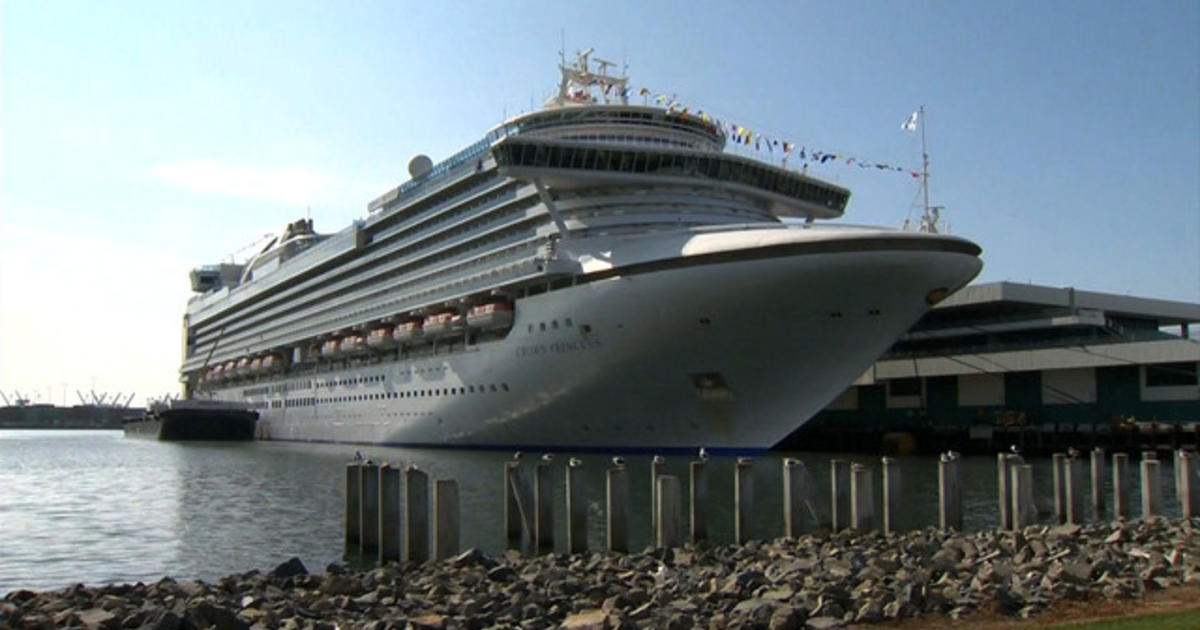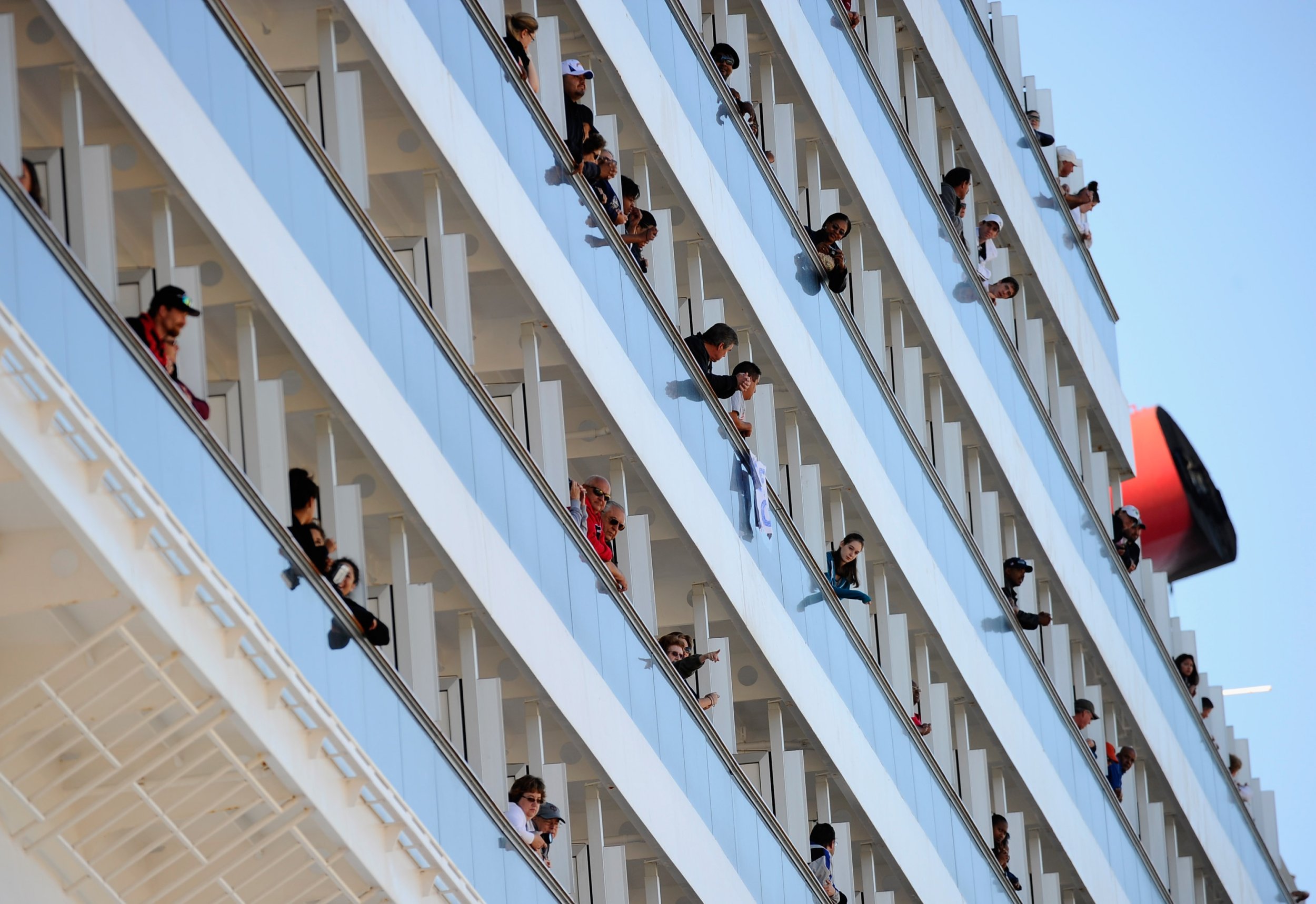Table Of Content
- Norovirus outbreaks surge on cruise ships
- Surge at Sea: Alarming Increase of Norovirus Outbreaks on Cruise Ships
- Cruises
- Thousands more flights canceled on Christmas Day, putting a damper on holiday travel
- What exactly is the CDC, and how is it involved?
- Outbreaks 2012 reports
- COVID-19 outbreaks hit 3 cruise ships as Florida breaks record for new cases

The innovative ship cleaning process is based on photocatalytic antibacterial spray that when activated by light kills viruses, bacteria, airborne microbes, mould. The disinfecting product and technology were developed by the Danish company ACT Global AS (Copenhagen). The spray is chemical-free, odourless, transparent and can be applied to all surfaces. The CDC says the most common symptoms of norovirus are diarrhea, vomiting, nausea, and stomach pain. The exact number of cases needed for each alert level varies by cruise ship.
Norovirus outbreaks surge on cruise ships
The recent surge in Norovirus outbreaks underscores the necessity of vigilance and proper understanding of this issue, both for those planning a dream vacation at sea and for those in the cruise industry itself. Together, we can work towards ensuring that cruise ships remain a place of relaxation and enjoyment, rather than a breeding ground for this troublesome virus. In light of these recent developments, it’s imperative to explore and understand the nature of Norovirus — what it is, why it’s a recurring issue aboard cruise ships, and its impact on the cruise industry. This article aims to shed light on these matters, unpacking the complexities of the problem, and highlighting the steps that are being taken to address it. If seasickness symptoms are accompanied by diarrhea or fever, passengers should immediately seek medical treatment for Norovirus and avoid spreading the illness to others. So it comes as no surprise that when CDC reports an illness outbreak on some vessel, big media sources do not immediately (or ever) respond to the news.
Surge at Sea: Alarming Increase of Norovirus Outbreaks on Cruise Ships
In January 2016, the CDC issued travel guidance on affected countries and suggested using enhanced precautions and even postponing travel. Similar travel warnings were issued by other health agencies and governments. Royal Caribbean Group's eradication program is certainly a positive step, but if you're still worried about catching norovirus, the risks are low. The team reviewed public health trends and past areas of concern to come up with recommendations to do better. It’s important that you turn off taps and open bathroom doors using a paper towel to keep your freshly-washed hands clean. The most effective way to clean your hands is to wet them with water, apply liquid soap, lather, rinse and dry.
Cruises
It is particularly important that you do this after using the bathroom and before and after eating, drinking or smoking. It was the third outbreak this week affecting cruise ships operated by Carnival and Royal Caribbean departing Miami and Fort Lauderdale. Should you be worried about catching norovirus or another gastrointestinal illness when you cruise? The CDC says cruises account for some of the lowest case numbers in the U.S. annually. In a study of acute gastroenteritis cases from 2006 to 2019 (before the cruise industry's COVID-19 shutdown), the CDC found that the number of cases on ships decreased over those 14 years. It also noted that the number of cases tends to be higher on larger ships and on voyages of a week or longer.

This is done 24 hrs prior to arrival at any US port of call from a foreign port. While only about 1% of all annual norovirus cases reported in the U.S. happen on cruise ships, the perception is it occurs more frequently due to media reports of gastrointestinal viral outbreaks on cruise ships. This is partly because health officials track illness on cruise ships, so outbreaks are found and reported more quickly on a cruise ship than on land. Though Norovirus can be passed via contaminated food and water, when it comes to cruise ships it is typically spread through physical contact with ill people or surfaces/objects they may have touched. This includes shaking hands, caring for a sick friend or family member, sharing food or eating from the same utensils, and not washing hands after using the bathroom or changing diapers (the highly transmittable fecal-oral spread). In 2012, the number of reported illness outbreaks on cruise ships was 34.
If you’re unsure, you can hover your hand above the railing, so that it’s there if you need to grab it. You should also avoid touching elevator buttons with your fingers, and instead use a knuckle or elbow.
In serious cases where outbreaks cannot be contained, cruise lines might actually pull a ship out of service for a few days so it can undergo a more thorough sanitization. First and foremost, wash your hands often with hot water and soap; the CDC recommends hitting the sink before and after eating and smoking, after touching your face, after using the restroom, and whenever your hands are dirty. Limit person-to-person contact as much as possible (we're not saying you absolutely must refuse the captain a handshake at his cocktail party ... just use your judgment throughout the cruise). In the past 10 years, only three other cruise ships have received sanitation scores below 70, CDC records show. Violations can include something as small as not posting a raw-eggs advisory on the omelet station or a single fly hovering in a food area.
Outbreaks 2012 reports
There are passenger testimonials about quarantined ships and how badly guests have been treated by the line. Virus outbreak news speaks of a lack of proper hygiene control, badly trained staff, bad ship management. The whole responsibility goes to the shipowner (cruise line company) and its management. Cruise ships publish daily health and safety instructions to their passengers on how to avoid mosquito bites. Zika symptoms are fever, skin rash, pain in joints, conjunctivitis (pink eye).
C.D.C. Investigating Gastrointestinal Illness on Luxury Cruise Ship - The New York Times
C.D.C. Investigating Gastrointestinal Illness on Luxury Cruise Ship.
Posted: Thu, 08 Feb 2024 08:00:00 GMT [source]
Cruise lines are not required to compensate passengers who fall ill on a voyage; however, cruise lines will generally compensate passengers whose voyage is altered or canceled due to an outbreak. The Vessel Sanitation Program monitors vessel cleanliness, and there is no correlation between scores received and outbreaks of gastrointestinal illness. The twice-yearly exam is notoriously thorough and challenging, with scores of 85 or below considered failing. Norovirus is named after an outbreak that occurred in Norwalk, Ohio, in the late 1960s.
The most severe outbreaks were reported in Brazil, with an alarming surge in newborns with microcephaly. If the mother is infected, the virus may cause microcephaly in newborns. This is a neurodevelopmental disorder - babies are born with an underdeveloped head. Zika virus (aka ZIKV) is a Flavivirus - from the genus of the viruses named West Nile, dengue, tick-borne encephalitis, yellow fever. These plus several other viruses may cause encephalitis (acute brain inflammation).
Also, motion in midship-located areas (including staterooms) is highly reduced in comparison to forward and aft areas. Whilst cruise ships have a bad reputation for norovirus contamination, norovirus is, in fact, common anywhere where people are contained – such as offices, schools, hospitals and hotels. It is not any more common on cruise ships than in any of these places. Norovirus is the most common cause of gastroenteritis and foodborne illness. Though people often call it the “stomach flu,” it has nothing to do with flu, Brian Labus, PhD, MPH, REHS, an expert in infectious diseases, told Health.
The exact cause for the increase in the number of norovirus cases is not clear, but the increasing demand for cruises could be one explanation for the rise in reported cases, said Labus. The ship has 2,497 passengers and 1,112 crew members and was scheduled to return to Miami on Sunday following an 8-day cruise. Passengers were required to be vaccinated and they were tested before leaving last Saturday, according to Carnival. Additionally, the CDC's Vessel Sanitation Program, implemented in the 1970s, subjects all passenger ships carrying 13 or more people to random, unannounced inspections if they wish to call on ports in the United States.
No comments:
Post a Comment